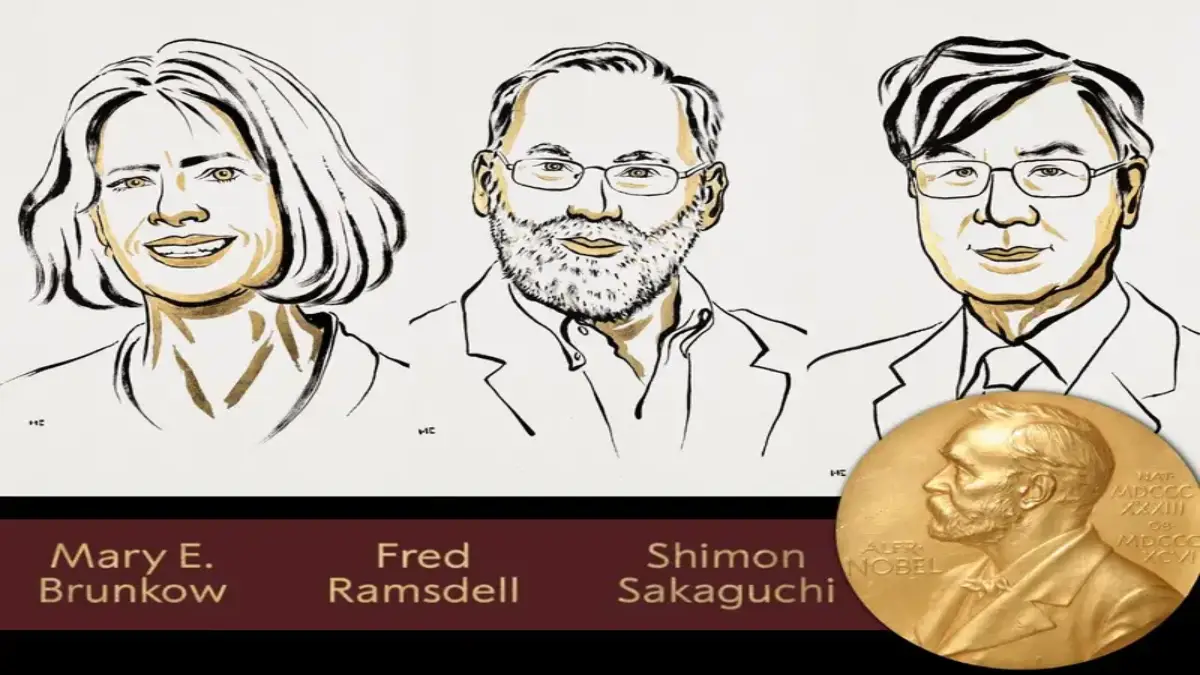The 2025 Nobel Prize in Physiology or Medicine has been awarded to scientists Mary E. Brunkow, Fred Ramsdell, and Shimon Sakaguchi for their groundbreaking work in uncovering the mechanisms of “peripheral immune tolerance.” Their collective research explained how the immune system is prevented from attacking the body’s own tissues, a fundamental discovery for understanding and treating autoimmune diseases.
The Nobel Assembly recognized their work as transformative for the field of immunology and the development of new therapies.
The Laureates and Their Key Contributions
- Mary E. Brunkow: Currently a senior program manager at the Institute for Systems Biology in Seattle, Brunkow earned her Ph.D. from Princeton University. In 2001, she and Fred Ramsdell identified a critical mutation in the Foxp3 gene in mice, which caused severe autoimmune disorders. This finding was a pivotal step in linking genetics to the function of regulatory T cells.
- Fred Ramsdell: After completing his Ph.D. in immunology at UCLA, Ramsdell has held senior roles in biotech, including at Sonoma Biotherapeutics. His collaboration with Brunkow to identify the Foxp3 gene mutation established a direct line between genetic defects and autoimmune conditions, providing a foundation for creating targeted treatments for diseases like IPEX syndrome.
- Shimon Sakaguchi: A distinguished professor at Osaka University in Japan, Sakaguchi is widely credited with discovering regulatory T cells in 1995. His work revealed a previously unknown system for maintaining immune tolerance that operates outside the thymus, fundamentally changing the scientific understanding of immune regulation.
The discoveries made by these three researchers have reshaped modern medicine. By detailing how regulatory T cells maintain balance within the immune system, their work has opened new avenues for treating autoimmune diseases, improving the safety of organ and stem cell transplants, and enhancing cutting-edge cancer immunotherapies. Their research stands as a powerful example of how fundamental scientific inquiry can lead to profound clinical benefits for patients worldwide.
